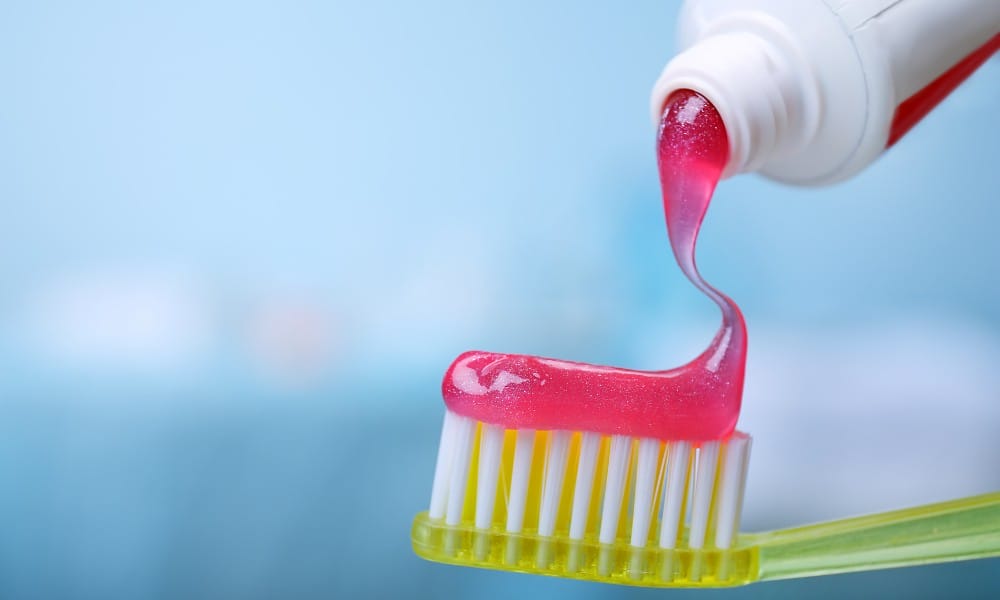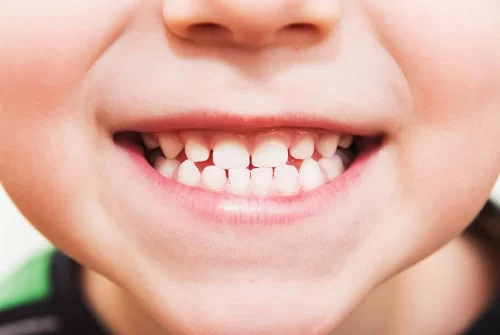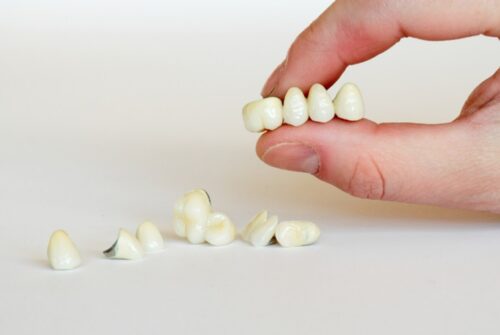
Dry mouth, also known as xerostomia, is a common condition characterized by a lack of saliva in the mouth. Saliva plays a crucial role in maintaining oral health, and a decrease in its production can lead to various issues. The dentist in Chelsea NYC and their team offer a comprehensive approach towards treating dry mouth for improved quality of life. Let’s explore this condition further!
What causes dry mouth?
Dry mouth, also known as xerostomia, can be caused by a variety of factors, including:
Medications:
- Antidepressants
- Antihistamines
- Decongestants
- Blood pressure medications
- Antipsychotics
Aging:
- Natural reduction in saliva production with age
Radiation therapy:
- Head and neck radiation can damage salivary glands
Medical conditions:
- Diabetes
- Hypertension
- Autoimmune disorders (e.g., Sjögren’s syndrome)
- Hormonal changes (e.g., menopause)
Mouth breathing:
- Breathing through the mouth instead of the nose
Smoking and tobacco use:
- Reduces saliva production and irritates the mouth
Dehydration:

- Not drinking enough water
Stress and anxiety:
- Can lead to dry mouth
Nutritional deficiencies:
- Lack of vitamin B6, iron, or other essential nutrients
Mouthwashes and toothpastes:
- Some products can dry out the mouth
Certain foods and beverages:
- Caffeine
- Alcohol
- Spicy or acidic foods
Other factors:
- Sleep apnea
- Asthma
- Chronic bronchitis
- Gastroesophageal reflux disease (GERD)
What are the associated symptoms of dry mouth?
The symptoms of dry mouth (xerostomia) may include:
- Dryness in the mouth and throat Difficulty chewing and swallowing
- Cracked lips
- Mouth sores
- Bad breath (halitosis)
- Difficulty speaking
- Dry, sticky, or burning sensation in the mouth
- Increased thirst
- Difficulty wearing dentures or dental appliances
- Increased risk of tooth decay and gum disease
- Red, dry, or cracked tongue
- Difficulty tasting or enjoying food
- Hoarseness or dryness in the throat
- Coughing or difficulty breathing (in severe cases)
- Increased risk of oral infections (e.g., thrush)
What are the negative consequences of dry mouth?
Dry mouth (xerostomia) can have various effects on oral health, overall health, and daily life, including:
Oral Health:
- Tooth decay and cavities
- Gingivitis and periodontitis (gum disease)
- Oral infections (e.g., thrush)
- Dental erosion
- Dry socket
Systemic Health:
- Malnutrition (due to difficulty chewing and swallowing)
- Digestive issues (e.g., acid reflux, dysphagia)
- Respiratory problems (e.g., dryness in the throat, coughing)
- Increased risk of pneumonia
- Impaired wound healing
Daily Life:
- Difficulty speaking or articulating words
- Discomfort or pain while eating, speaking, or swallowing
- Difficulty wearing dentures or dental appliances
- Increased risk of oral injuries (e.g., cheek biting)
- Impact on self-esteem and confidence
It’s essential to manage dry mouth effectively to prevent these effects and maintain good oral and overall health. Consult your dentist or healthcare provider for guidance on managing dry mouth.
How is dry mouth treated?
Treatments for dry mouth (xerostomia) aim to stimulate saliva production, reduce symptoms, and prevent associated oral health issues. Some common treatment options may include the following:
Saliva substitutes:
- Mouthwashes
- Sprays
- Gels
- Lozenges
Prescription medications:
- Pilocarpine (Salagen)
- Cevimeline (Evoxac)
Over-the-counter (OTC) products:
- Saliva-boosting tablets
- Oral rinses
- Chewing gum (sugar-free)
Home remedies:
- Water
- Herbal teas
- Aloe vera
- Humidifiers
Dental treatments:
- Fluoride applications
- Dental sealants
- Regular cleanings
Lifestyle modifications:
- Avoiding caffeine, alcohol, and spicy foods
- Quitting smoking
- Practicing good oral hygiene
Alternative therapies:
- Acupuncture
- Herbal supplements (e.g., sage, chamomile)
Salivary gland stimulation:
- Chewing sugar-free gum
- Sucking on sugar-free candy
- Using a saliva-stimulating device
It’s essential to consult a dentist or healthcare provider to determine the best treatment plan for your specific case of dry mouth. They may recommend a combination of these treatments to manage your symptoms and prevent oral health issues.





